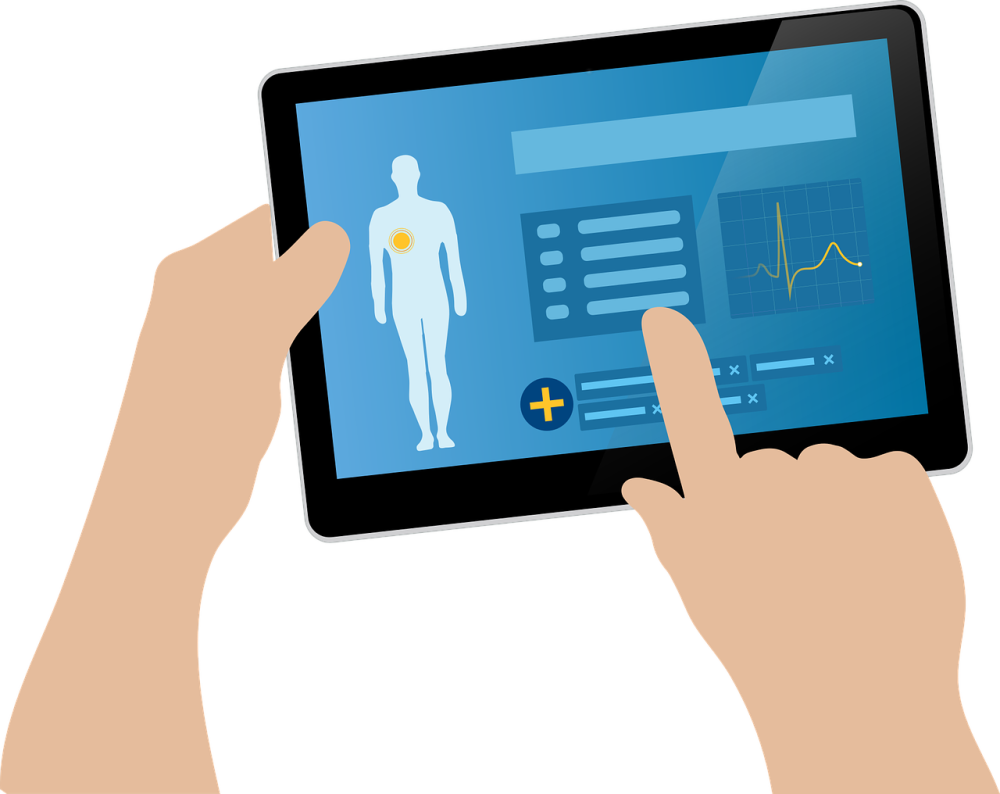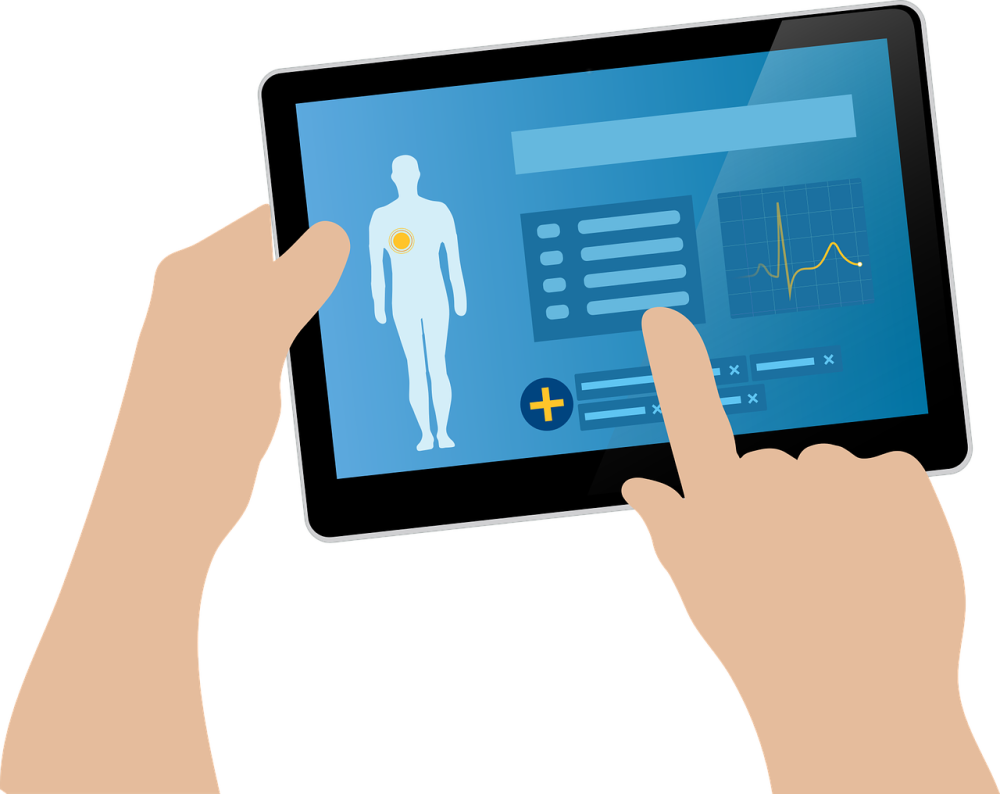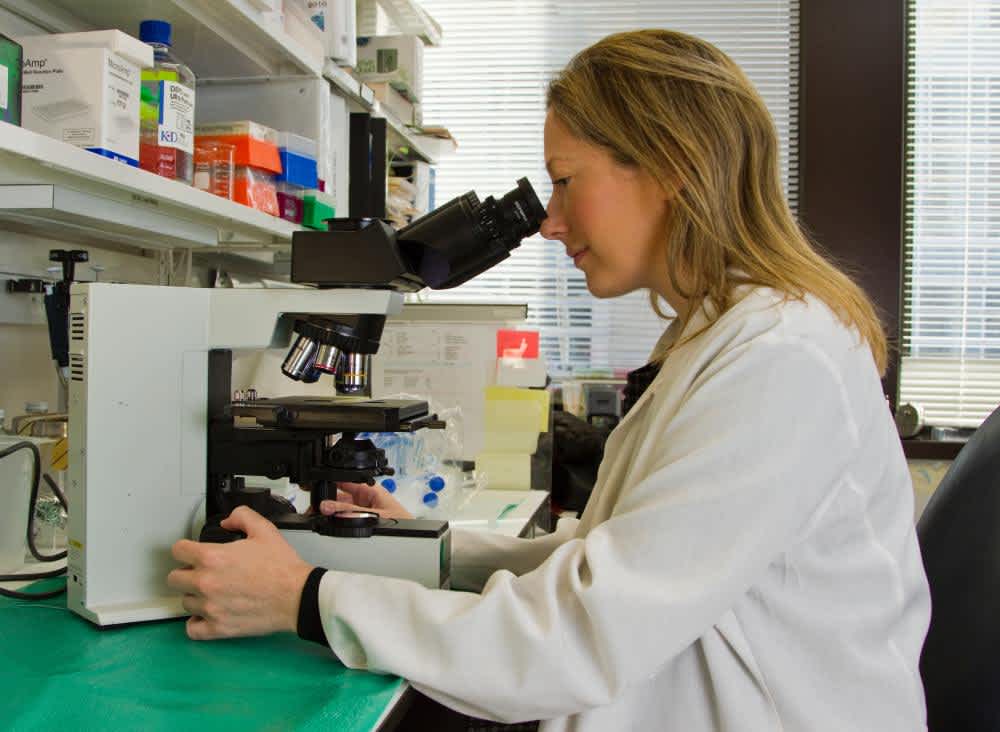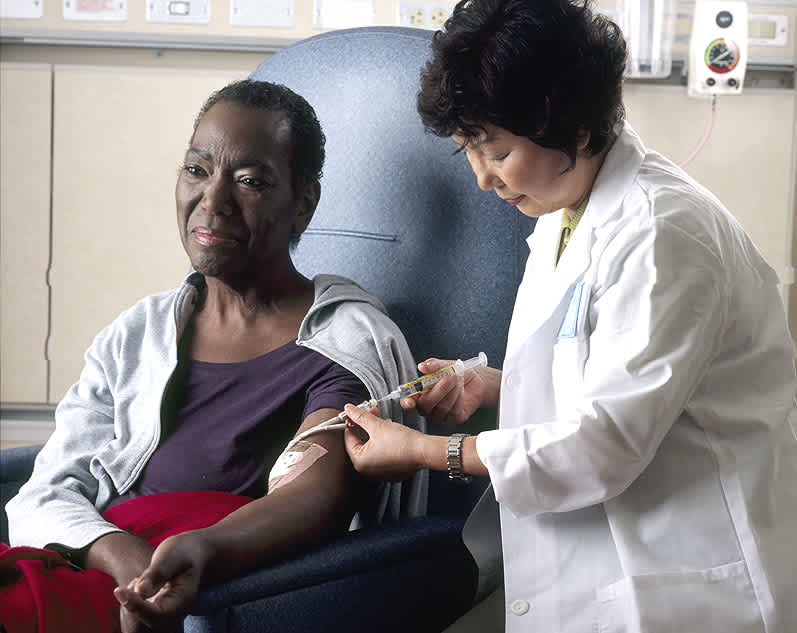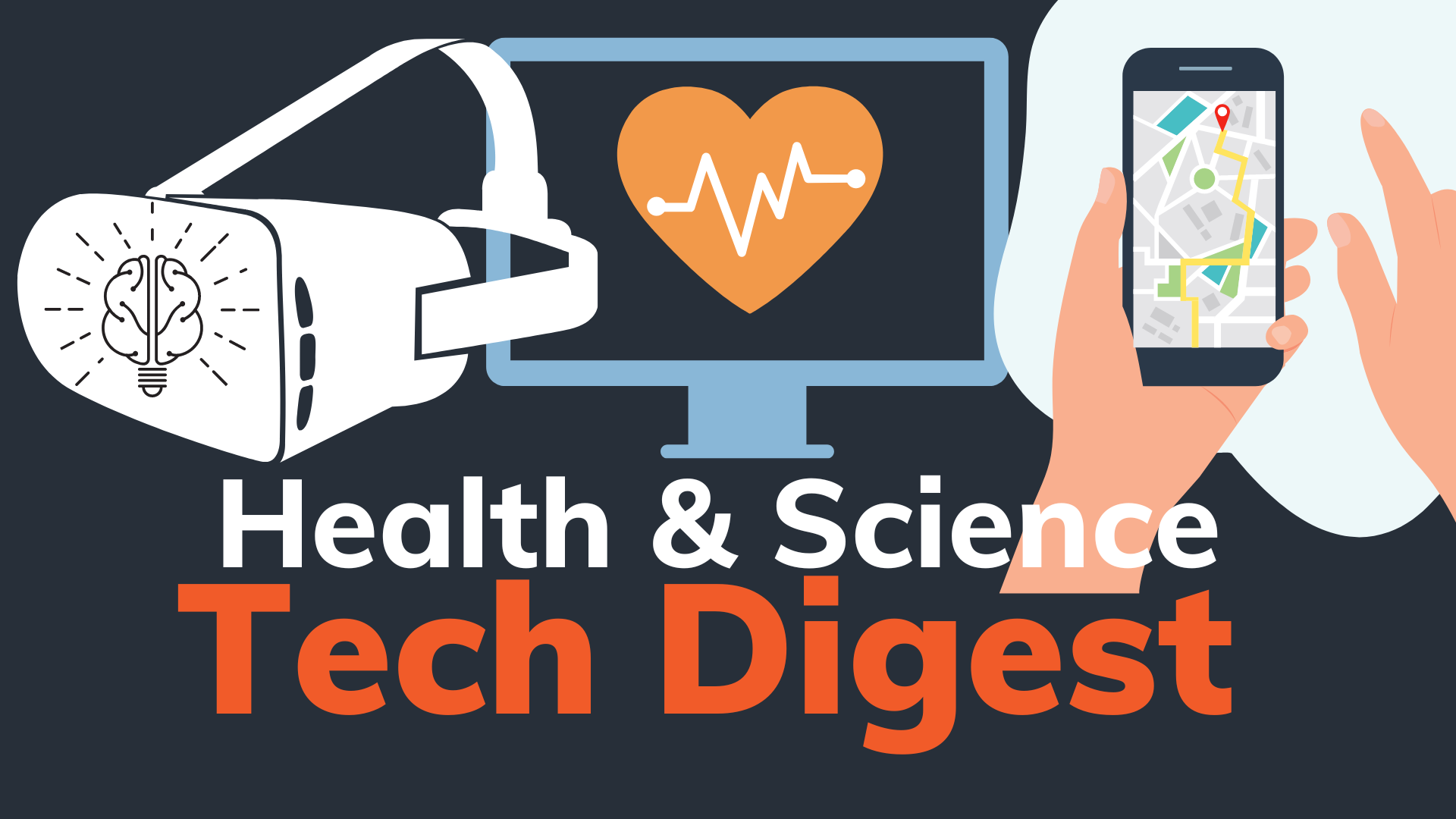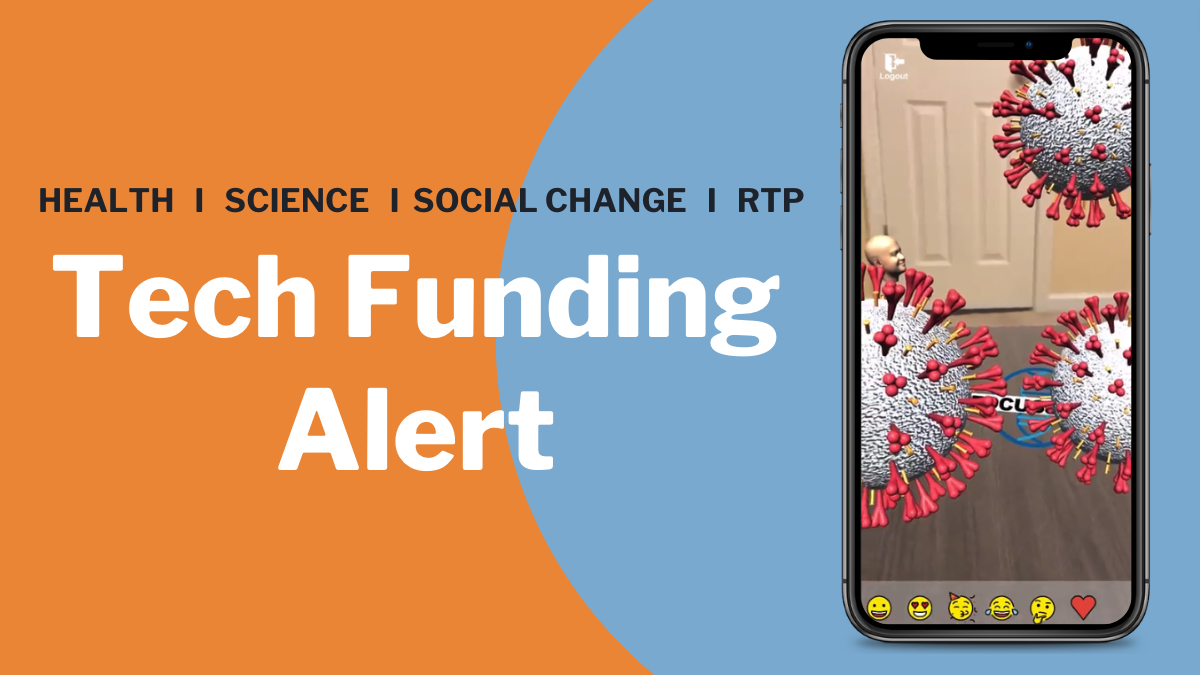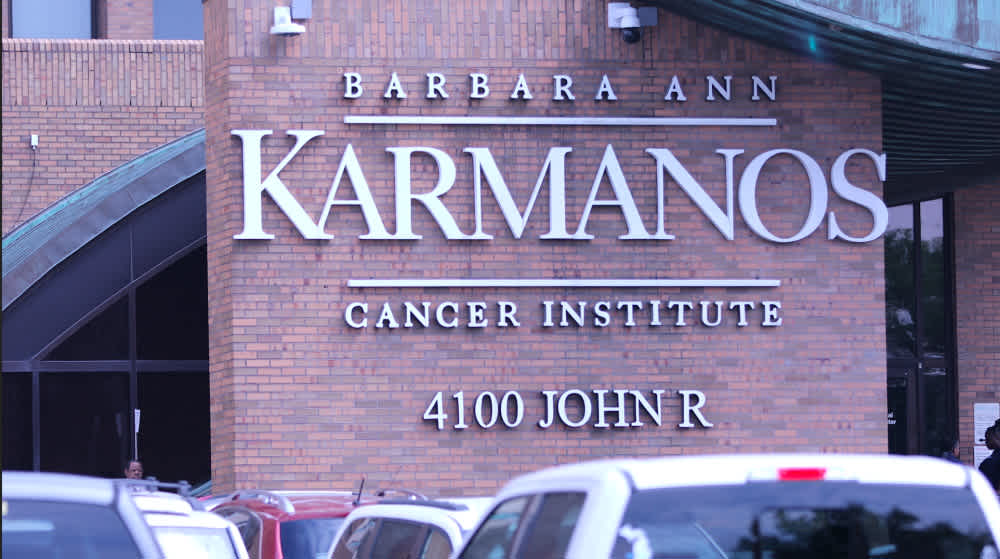
How Mobile Apps Can Assist Cancer Care and Research
Karmanos Cancer Institute in Detroit, Michigan
Digital Health is revolutionizing traditional medicine by leveraging digital technologies to increase the efficiency of care and support better patient and provider outcomes. Advancements in mobile technology, wearable devices, artificial intelligence, and other emerging technologies are increasing the quantity and quality of actionable health data, improving patient-provider communications, and empowering stakeholders throughout the healthcare ecosystem.
What is mHealth?
Mobile health (or mHealth) is a subset of digital health that leverages the affordances of mobile devices (e.g., mobile phones, tablets, personal digital assistants) to optimize various aspects of healthcare including education, communication, treatment, and symptom management.
The portability and connectivity of mobile devices allow them to facilitate connections and reduce limitations of time and geography, while also leveraging impressive computing power. Mobile devices are also increasingly accessible; as of 2019, 81% of Americans owned a smartphone. Therefore, the impact of mHealth will continue to grow as more applications exist that can connect users to beneficial health and medical touchpoints.
Mobile Apps in Cancer Care
One area of healthcare where mHealth can have a profound impact is in the treatment of chronic diseases such as cancer. The Centers for Disease Control and Prevention (CDC) lists cancer as the 2nd leading cause of death in the United States with 1.6 million people diagnosed each year. The use of mobile apps can offer support in the prevention, detection, and treatment of cancer, which can not only help save lives, but also improve the quality of those lives.
Mobile technology can also offset rising costs associated with cancer care. In 2011, the National Cancer Institute projected that cancer care costs would reach nearly $174 billion by 2020. The ability for mobile apps to save time and increase efficiency can inevitably decrease costs. For example, a telemedicine app could help cut down on costly patient visits and facilitate more efficient patient-provider communications. In addition, because prevention and symptom management are key strategies to controlling costs related to chronic illnesses, well-designed apps focused on these initiatives can contribute to cost savings as well.
Empowering Stakeholders
Cancer-related treatment and management involves a web of stakeholders, each with distinct journeys and unique touchpoints that can be optimized with well-designed apps. Three important stakeholders to consider are patients, providers, and researchers.
Patients
A cancer diagnosis and the resulting treatment can lead to a complex assortment of needs (e.g., education, support, management tools) and feelings (e.g., pain, anxiety, distress) that a patient may need help navigating. Mobile apps can seek to address a number of these issues. Based on a content analysis of apps in the Apple and Google app stores, The University of Aberdeen identified the following categories of existing apps for cancer patients and survivors:
Imparting information about cancer;
Planning and organising cancer care;
Interacting with others (including others affected by cancer and healthcare professionals);
Enacting management strategies and adjusting to life with or beyond cancer and
Getting feedback about cancer management, for example, by sharing self-monitoring reports with professionals. (Rosalind et al., 2019)
In a study by the Economist Intelligence Unit (EIU), patients reported that the top three reasons they would adopt mHealth were if it improved access to healthcare providers, lowered healthcare costs, or increased their level of control over their health.
At CrossComm, we’ve done extensive work with the Karmanos Cancer Institute (KCI) in Detroit, MI to build apps that help cancer patients navigate important areas of cancer treatment. The MyPatientPal app allows cancer patients to manage medication, track symptoms, and share results with healthcare providers. The Discussions of Cost (DISCO) app seeks to help patients better understand treatment costs by equipping them with tailored, cost-related questions to ask their healthcare providers.
Researchers
Breakthroughs in cancer research, even in just the past 10 years, underscore the importance that research plays in the fight against cancer. While billions of dollars are spent on cancer research each year, those funds are often spread amongst many research areas and many different organizations. As such, the limited resources of each organization require them to be as efficient as possible with funds.
A 2014 study sponsored by the U.S. Department of Health and Human Services examined clinical trial costs and obstacles and identified the “wider use of mobile technologies” as one of the most effective methods of “reducing costs across therapeutic areas and trial phases.”
The potential for apps to save costs in clinical trials is closely related to their ability to save time. Apps can help to diminish the tedious processes related to documentation and data collection. Apps can even facilitate patients self-reporting data and/or the use of mHealth devices (such as activity trackers and blood pressure monitors) to automatically track important health data. The decrease of paperwork also allows for more efficient archiving, retrieval, and analysis of collected data.
Photo by National Cancer Institute
Apps can also help researchers with challenges related to the recruitment and retention of patients in clinical trials. According to Forte Research, for every 100 patients identified or available for a clinical trial, only 7 will complete the trial. This can be due to screening issues or patient drop-outs before or during the start of the clinical trial. While there are apps designed to help connect patients to clinical trials, apps can also aid in patient retention by prompting and encouraging compliance, as well as creating more overall convenience for the participant.
In a survey of patients’ preferences for mobile versus traditional clinical trials, most respondents reported that they would rather participate in a clinical trial utilizing mobile technology. Some of the perceived benefits that were cited included “greater convenience, a reduction of in-person clinic visits, and greater data collection accuracy.”
Meanwhile, companies involved in conducting clinical trials rate the real-time acquisition of data, the increased patient compliance, and the higher-quality data as the top benefits of adopting mHealth in clinical trials.
Healthcare Providers
Cancer apps can also be used to support healthcare providers in diagnosing and treating cancer. For example, The TNM Cancer Staging App helps doctors determine the stage of cancer a person might have by assessing the extent of tumors and lymph nodes, as well as the presence of metastasis. The app uses a variety of search features to help oncologists quickly navigate the widely-used TNM cancer staging system.
Even apps that primarily target patients can have key advantages for providers as well. A better informed and highly-engaged patient can lead to better patient-provider conversations and efficient information exchanges. As a result, a provider can make better-informed decisions regarding treatment and care that are customized to the patient’s needs.
In the EIU study mentioned earlier, doctors reported that improving healthcare quality and outcomes, increasing access for patients, and improving internal efficiency were key incentives to adopting mHealth.
Photo by National Cancer Institute
If you’re considering leveraging mHealth to assist in an area of the cancer care ecosystem (or even the larger healthcare ecosystem), there is no shortage of possibilities to explore. As you develop your idea, some questions to consider are:
Who is the end user (e.g., patients, providers, researchers, families)?
What problem will you solve for this end user?
How comfortable is your end user with mobile app technology?
Is there an existing solution for this problem? If so, how can a mobile app better solve the problem?
Do you have the expertise to responsibly and effectively address this problem? If not, have you assembled the right team (e.g., researchers, medical professionals, patients, app developers, etc.)?
Will the app need to communicate with any existing devices of backend systems?
What data will the app need to collect? How will you protect that data?
Will the app be regulated by the FDA or other governing bodies?
In most cases, mobile apps will be a support to cancer care, not a replacement. Still, the affordances of mobile apps offer tremendous benefits to stakeholders. Mobile apps are convenient tools that can improve data collection, simplify tedious processes, facilitate communication, and increase access to information.
Read our companion article explaining what to consider to ensure your cancer app is responsibly made.
If you are interested in learning more about how CrossComm can guide you through the process of developing a custom app for cancer care or research, we would love to chat with you. Send us an email at hello@crosscomm.com.
